Elvis Selasi
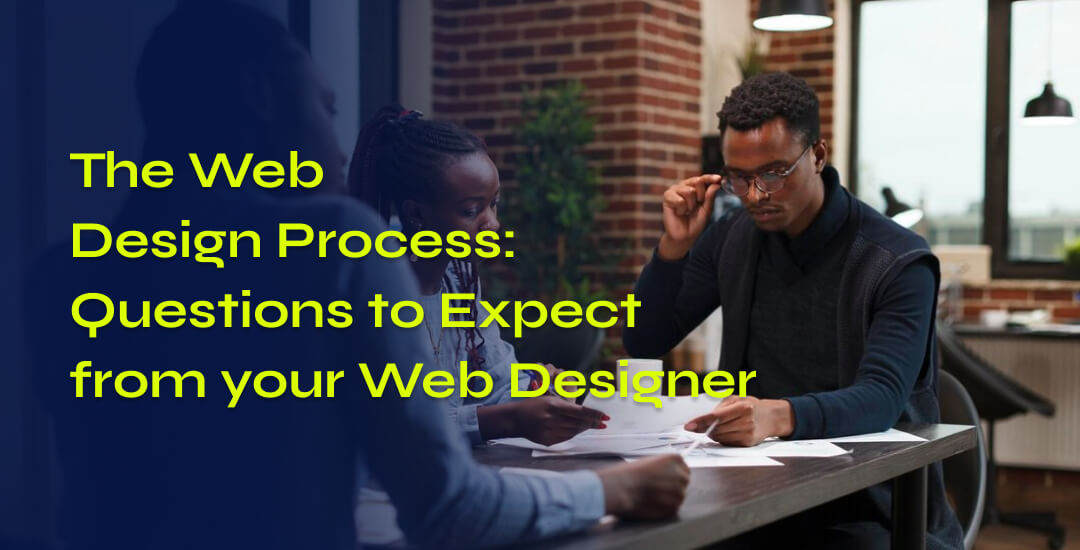
As you embark on your web design journey, expect your designer to ask insightful questions.
These questions aren’t mere formalities, they’re the stepping stones to creating a website that’s not just visually stunning but also strategically aligned with your goals.
Let’s dive into some of these questions and explore why each one is a gateway to your project’s success.
It’s a bit of a long read though 😉, but hang in there – it’s packed with goodies that are well worth your time!
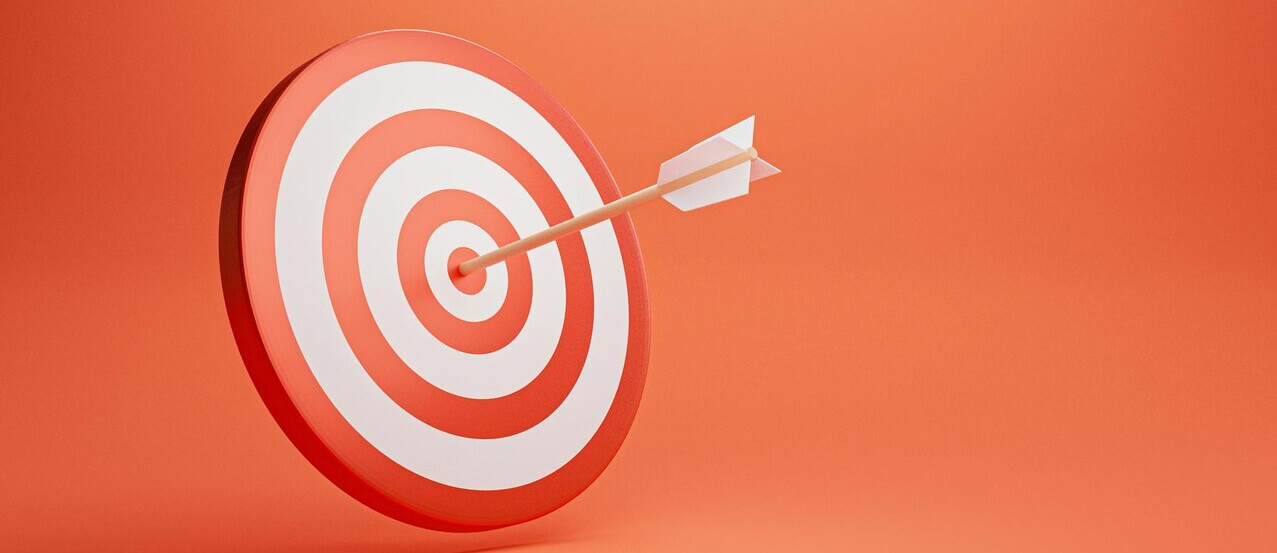
1. Purpose & Goals
Question: Why are we building this site, what’s the goal?
The answer to this question forms the foundation upon which the entire website is built.
It’s crucial to understand whether the primary aim of your site is to facilitate sales, display a portfolio, disseminate information, or perhaps serve a completely different purpose.
This understanding profoundly influences every aspect of the website’s design and functionality. e.g., an e-commerce platform needs a design that simplifies the shopping experience – easy navigation to products, an uncomplicated checkout process, and clear product displays.

On the other hand, a blog or informational site would focus more on content readability, user engagement, and ease of finding information.
The goals you set forth for your website not only direct its aesthetic appeal but also ensure that it fulfils its intended function effectively, whether that’s driving sales, showcasing work, or providing valuable content to visitors.
2. Target Audience
Question: Who is your target audience?

Asking about your target audience is crucial for shaping the design and functionality of your website.
Understanding who you’re designing for, be it Gen Zs, busy professionals, retirees, or another specific group, informs every aspect of the website’s design.
Different audiences have their own unique preferences and online behavior patterns.
This knowledge is instrumental in making design decisions, such as choosing appropriate color schemes, determining the complexity of navigation, and selecting the types of interactive elements to include.

Tailoring these elements to your specific audience ensures that your website not only attracts but also effectively engages and retains the users it’s intended for.
3. Functionality & Features
Question: What specific functionalities or features are essential for your website?

The essence of this question lies in understanding the core functionalities that your website requires to serve its purpose effectively.
Different websites have varying needs based on their goals and target audience. For instance, an e-commerce website would require a secure and user-friendly shopping cart system, along with features like product filters, a wishlist, and an easy checkout process.
On the other hand, a corporate website might focus more on features like a professional portfolio gallery, a comprehensive contact form, or an interactive FAQ section.

Beyond these user-facing features, the question also covers technical aspects like speed optimization, mobile responsiveness, and integration with external tools (e.g., social media, and email marketing software).
This inquiry isn’t just about listing requirements; it’s about understanding how different functionalities can make your website not only operational but also engaging and reflective of your brand’s ethos.
4. Branding
Question: Do you already have established branding elements such as a logo, color scheme, and typography that need to be incorporated into your website design?
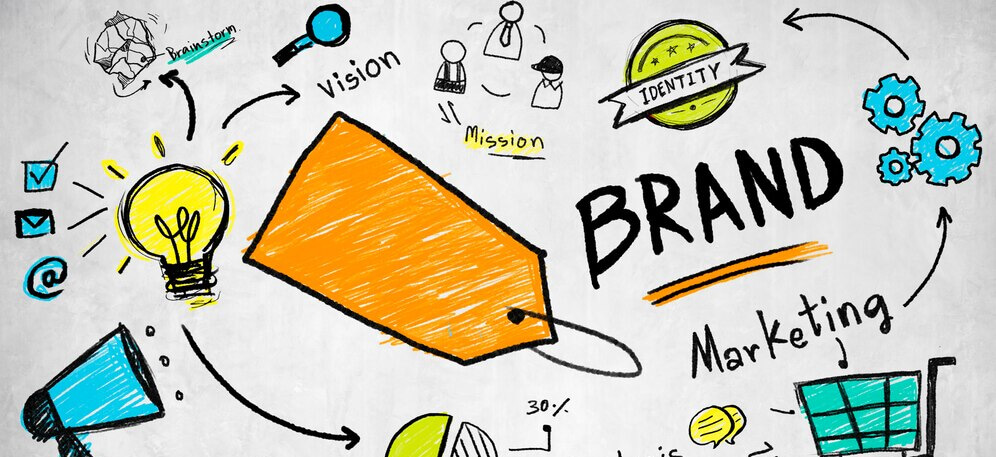
In this context, the question delves into how your website can capture the core of your brand.
It’s about ensuring that these elements align seamlessly with your brand’s identity and values.
A well-branded website is a strategic tool that communicates your brand’s story and ethos to the audience.
When addressing this question, it’s important to consider whether these branding elements are already established or need to be developed or refined during the website design process.
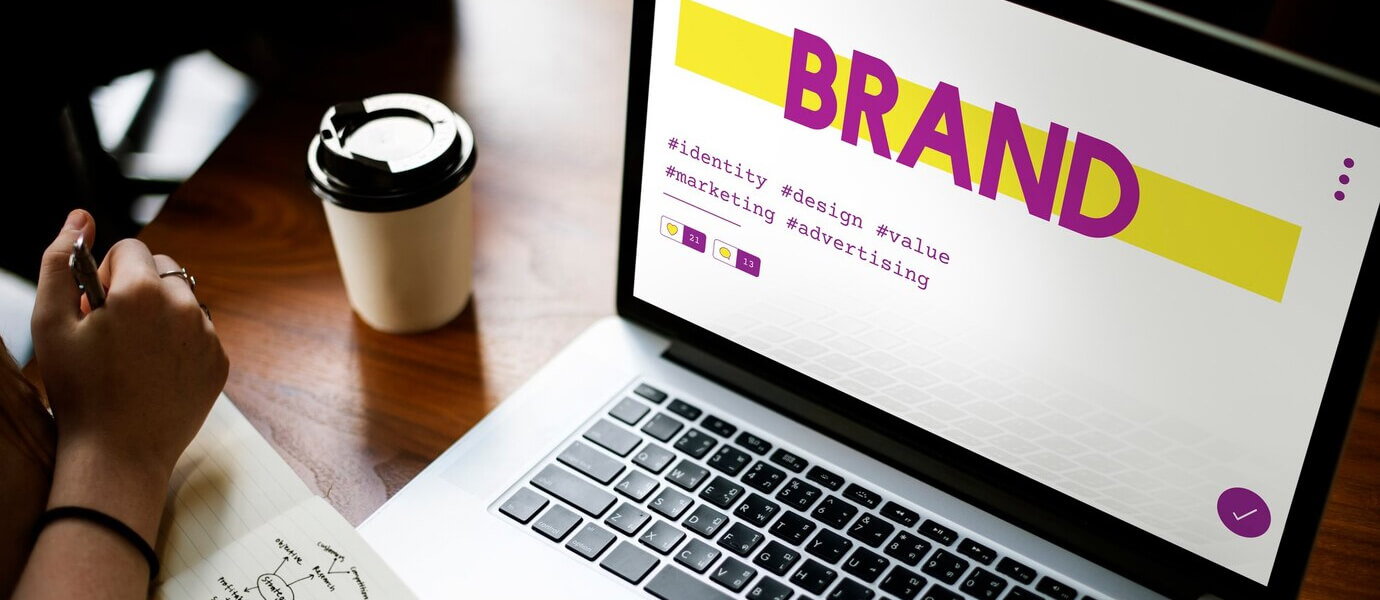
For businesses with an existing brand identity, the challenge lies in translating these elements effectively onto the digital platform.
For newer brands or those undergoing rebranding, the website design process offers an opportunity to establish and solidify these branding elements.
5. Content
Question: What kind of content will your site feature?
In the world of web design, content is indeed king.

This crucial question explores the mix of text, images, and multimedia that will populate your website. Content, being a central element of web design, demands careful consideration for its impact on user engagement and SEO effectiveness.
It’s vital to plan not just the types of content but also their quality and relevance to your audience. Additionally, this question probes whether you need professional copywriting services or if you already have content prepared.
Understanding the source and nature of your content is essential in creating a website that effectively communicates your brand’s message and values.
6. Hosting & Domain
Question: Have you thought about hosting and domain services for your website?

Selecting the appropriate hosting service and domain name is not just a technical decision; it’s a strategic one that significantly influences your website’s performance and online identity.
This question inquires whether you already possess a domain and hosting plan or if you’re looking to set these up.
It’s essential to consider if the domain name reflects your brand and is easy for users to remember.
Moreover, the choice of hosting should align with your website’s needs. Different hosting plans offer varied capabilities in terms of storage, bandwidth, security, and scalability.
For instance, a high-traffic e-commerce site may require robust hosting with high uptime guarantees and advanced security features, whereas a simple portfolio site might need less comprehensive hosting services.
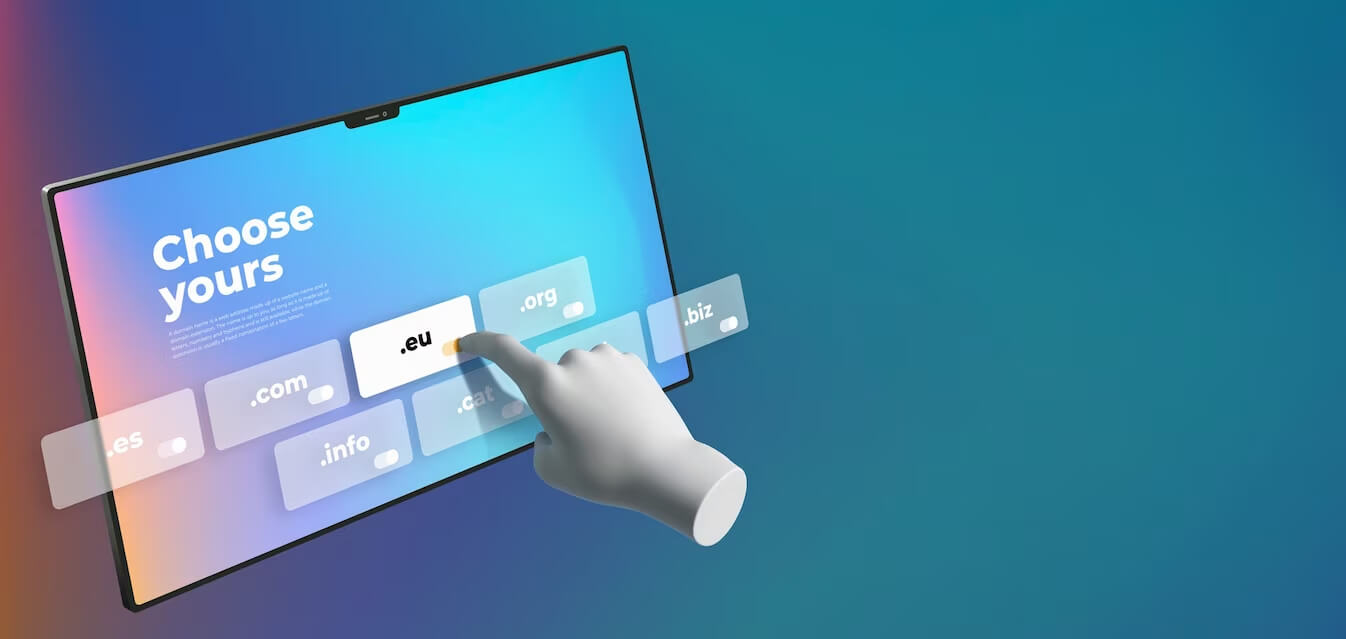
Additionally, it’s crucial to discuss if you expect the designer or web development team to assist in selecting and setting up your hosting and domain.
Understanding these aspects ensures that your website not only launches successfully but also continues to run smoothly and efficiently, reinforcing your online presence and brand identity.
7. Budget & Timeline
Question: What are your budget and timeline for the project?
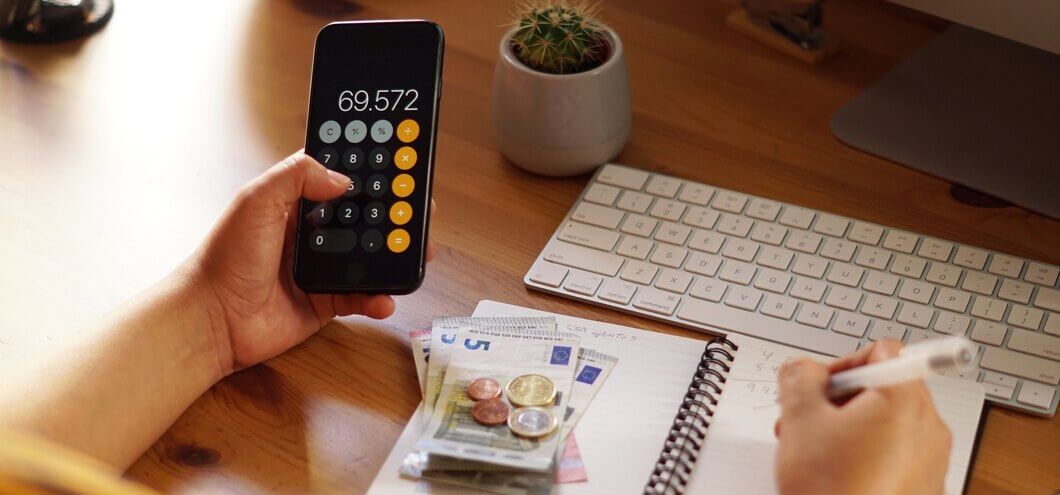
This question is a fundamental aspect of the web design process, as it sets the parameters for what can be achieved within the given resources.
A clear understanding of the budget helps in determining the scope of the project, the complexity of design features, and the extent of customization are possible.
It allows for prioritizing certain elements over others and can significantly influence decisions regarding the use of technology, external services, and the level of detail in the design.
Similarly, establishing a realistic timeline is crucial for effective project management. It dictates the pace of the project’s progression and helps in setting milestones and deadlines.

A well-defined timeline ensures that the project moves forward in a structured manner, with sufficient time allocated for each phase of development, including design, testing, revisions, and launch.
It also allows for better coordination between the client and the design team, ensuring that expectations are aligned and the project is delivered on time and within budget.
8. Analytics & Reporting
Question: What are your needs regarding the website’s analytics and reporting?

This question delves into the essential task of observing and analyzing your website’s performance after it goes live.
It’s about determining what metrics and data points are most important for your business objectives, whether tracking user behavior, conversion rates, traffic sources, or other key performance indicators.
Understanding your specific needs in terms of analytics and reporting is vital for shaping your website’s ongoing strategy and making data-driven improvements.
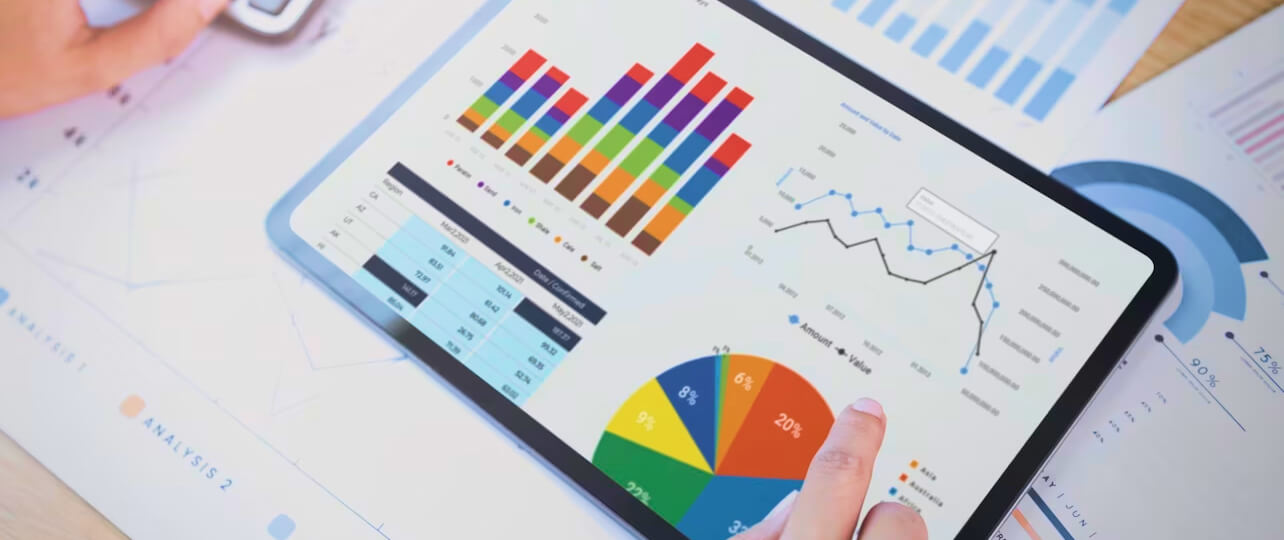
Discussing your analytics and reporting needs helps in setting up the appropriate tools and configurations, such as Google Analytics, to capture the necessary data.
9. Feedback & Revisions
Question: How do you envision the feedback and revision process?
This question is key to establishing a smooth and efficient workflow between you and the designer.
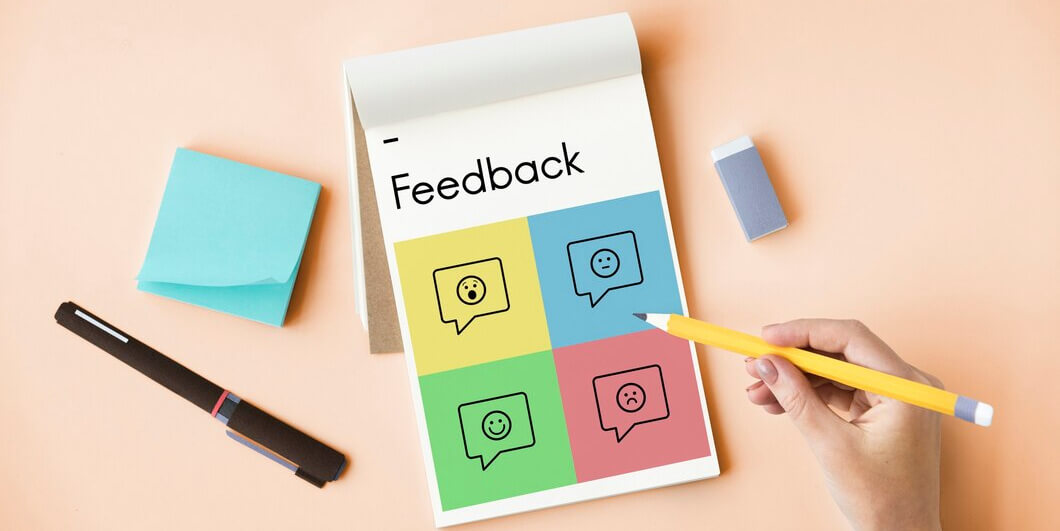
Understanding your preferred method for providing feedback is key to streamlining the design and revision process. It’s about determining how you’ll communicate your thoughts – whether through regular meetings, written comments, or collaborative tools.
Clarifying this upfront ensures that your insights and preferences are effectively integrated into the design, leading to a final product that aligns with your vision.
This process is a collaborative effort to refine and perfect your website, ensuring that every element from layout to content meets your standards and fulfills the intended purpose of your site.
10. Maintenance & Support
Question: What are your expectations for maintenance and support post-launch?
Post-launch, your website enters a vital phase where regular maintenance and support ensure its longevity and relevance.
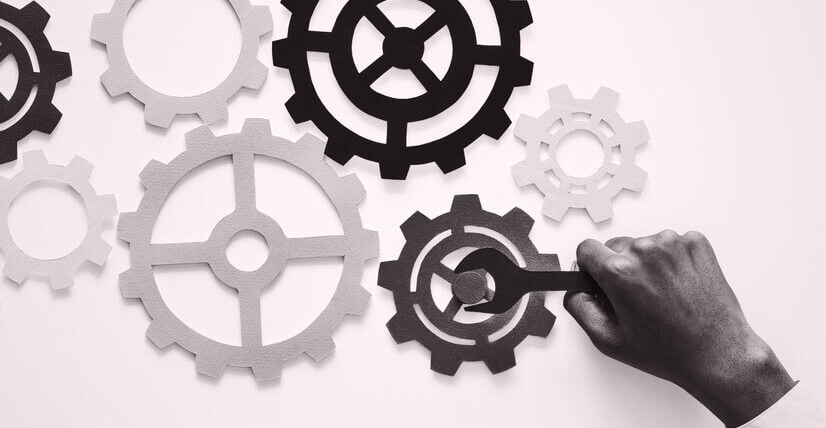
This involves updates for security and functionality, bug fixes for a smooth user experience, and content updates to keep your site engaging and current.
The right maintenance plan is pivotal for your website’s ongoing success.
In this context, it’s crucial to decide who will manage the maintenance and support, whether it be the original designer or another entity.
This decision not only influences your budget but also impacts the effectiveness of your website’s long-term care. If you opt for the design team, consider a maintenance contract that aligns with your financial plans and website needs.

This foresight guarantees a seamless handover and continuous, effective management of your website.
Conclusion
These questions are more than mere formalities; they’re the foundation of a successful web design project. Answering them thoughtfully ensures that your website will not only look great but also function perfectly, meeting your specific needs and goals.
Ready to create a standout website? Let’s discuss integrating these considerations into your project.




